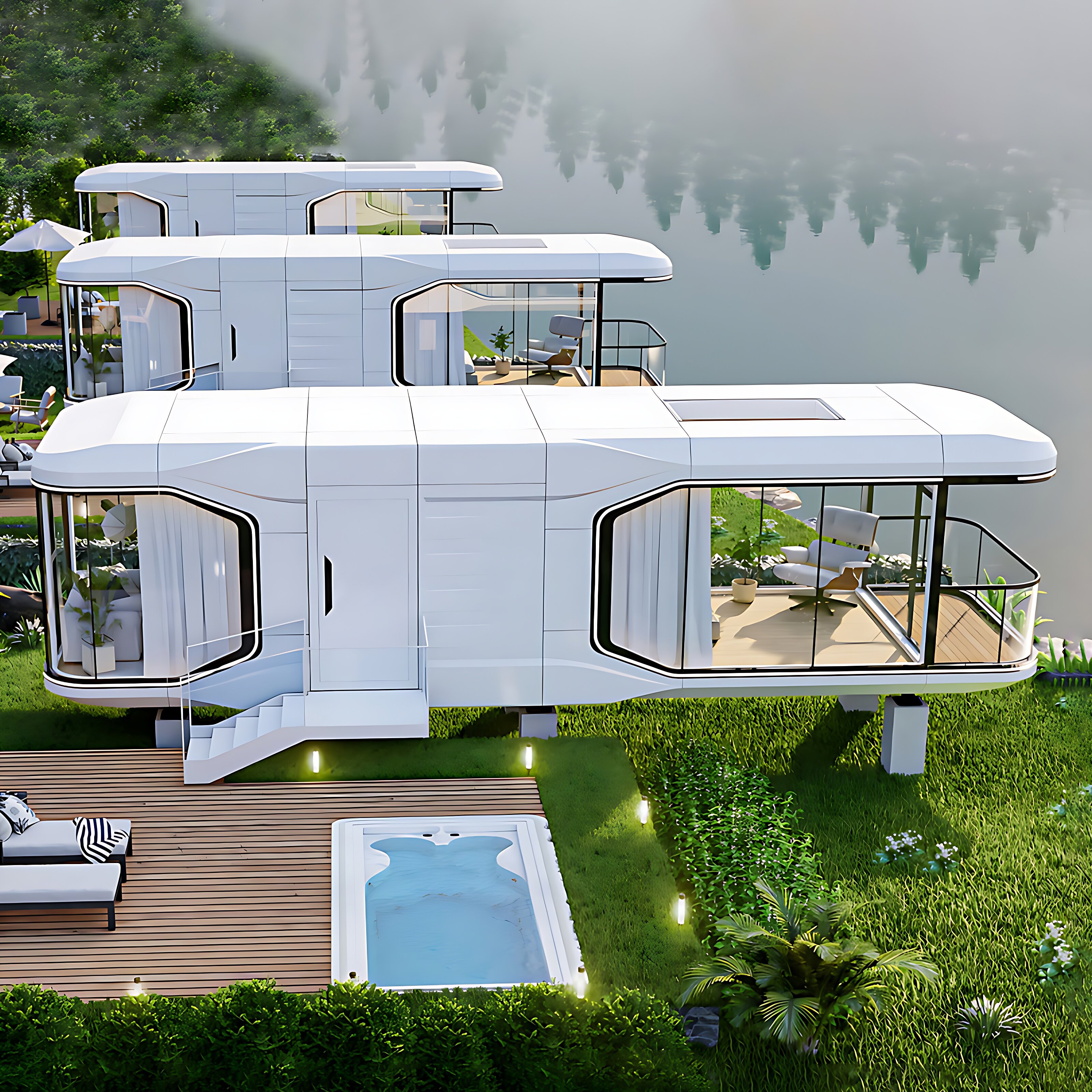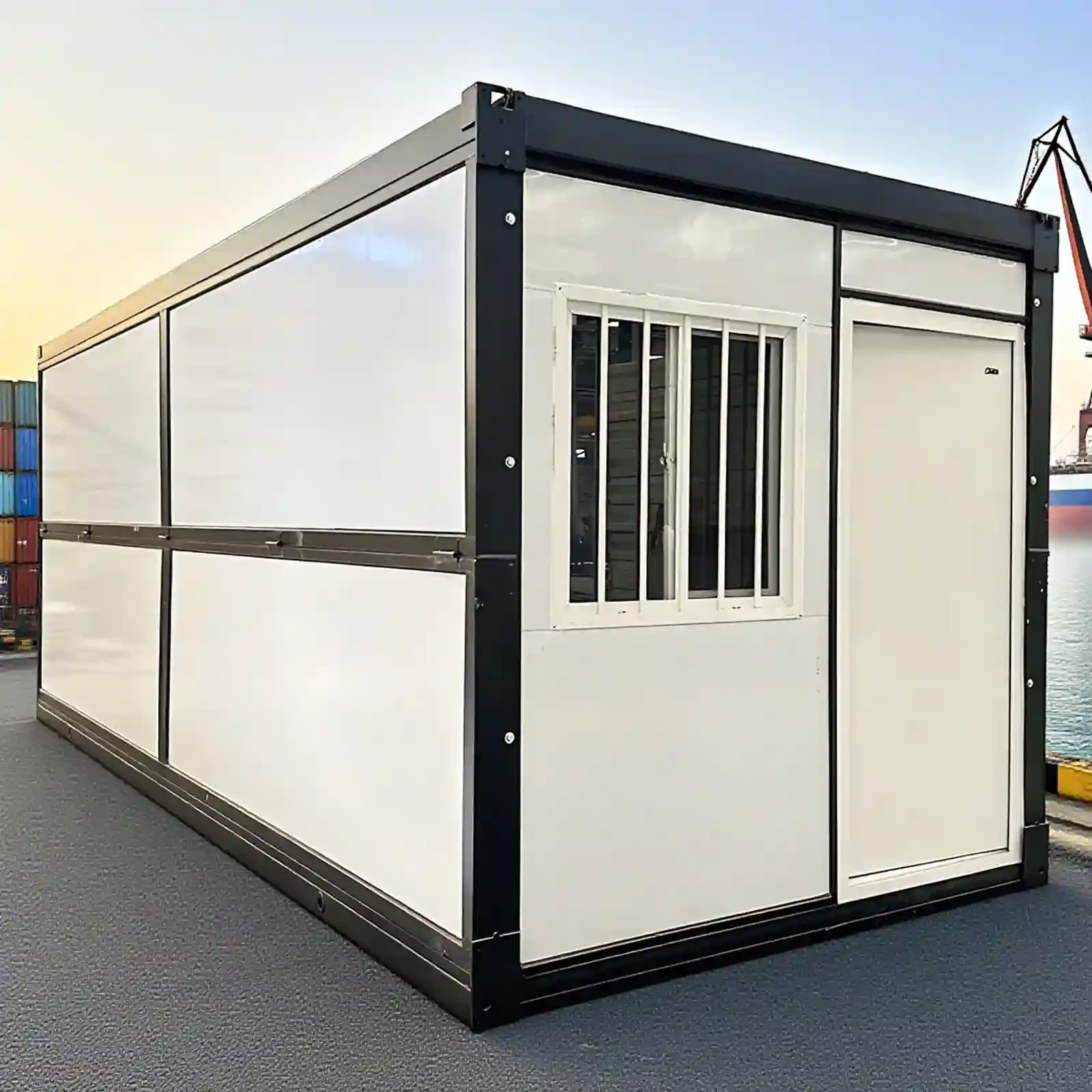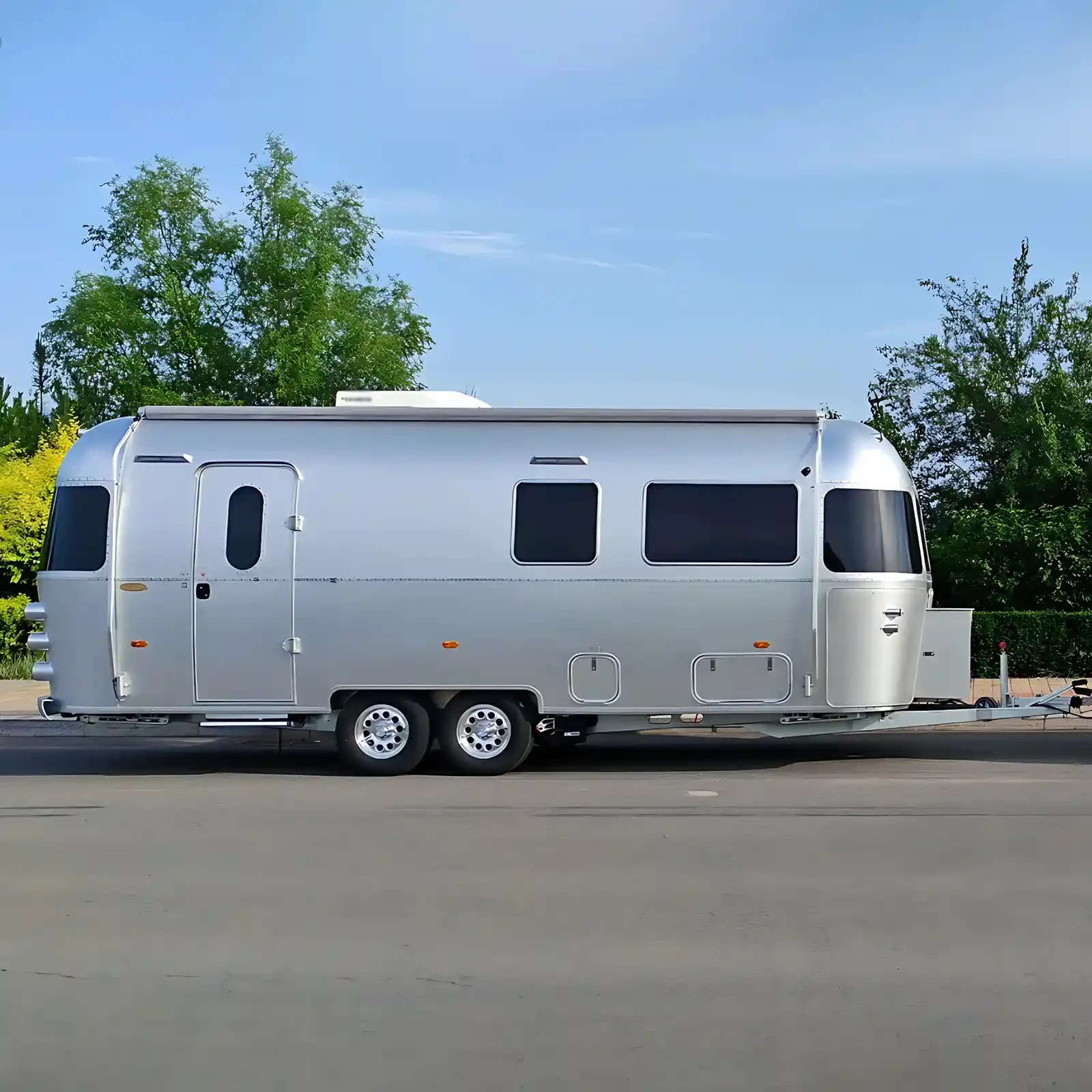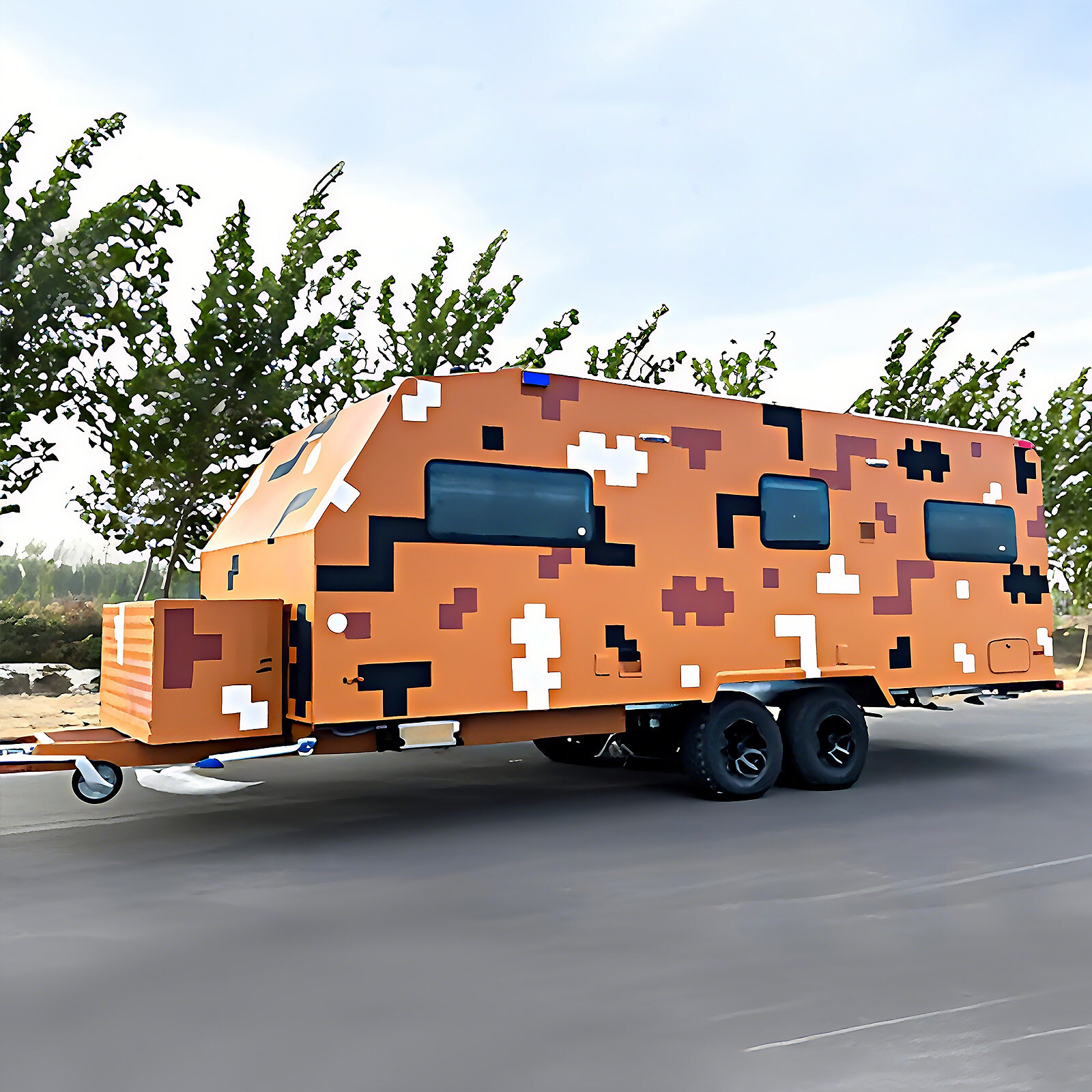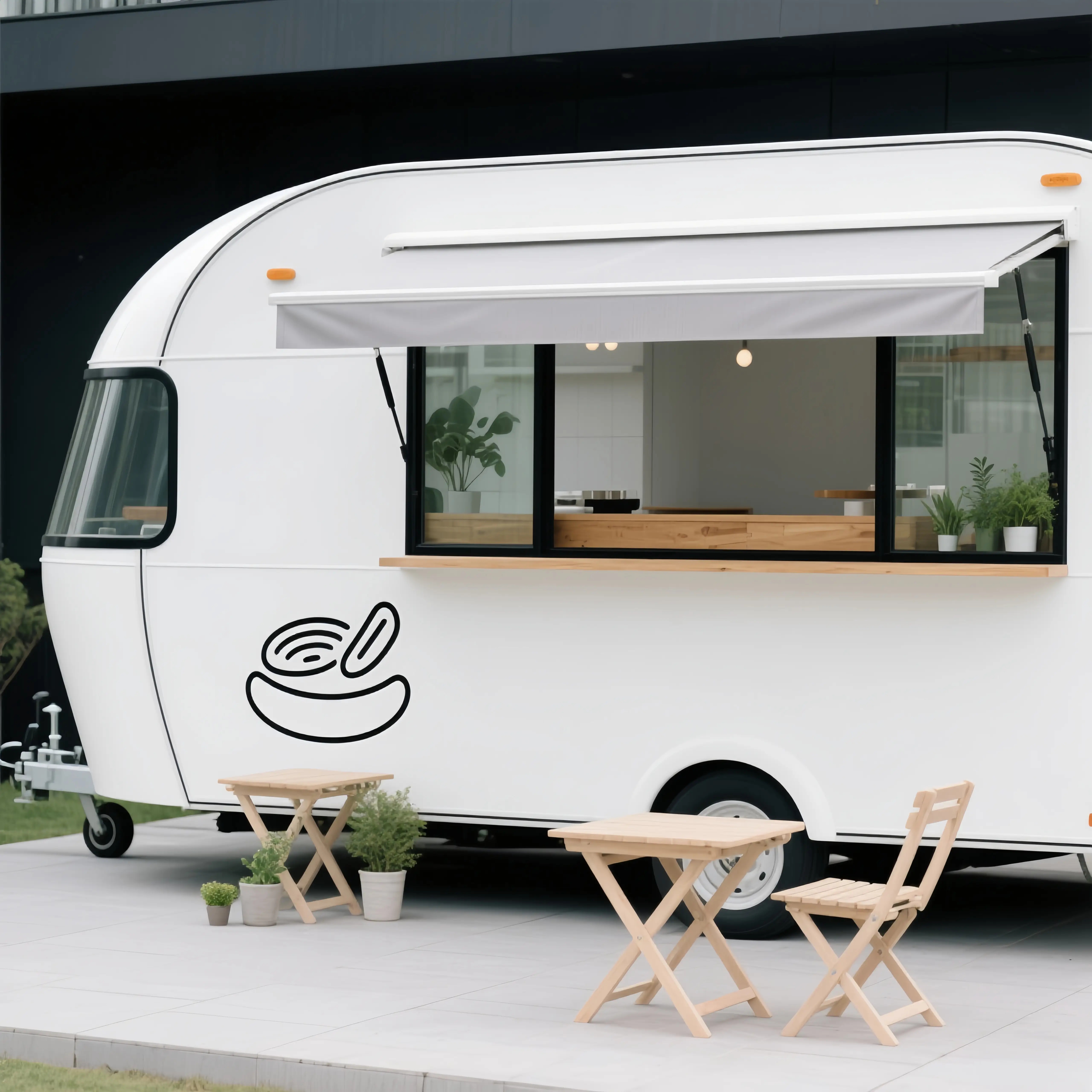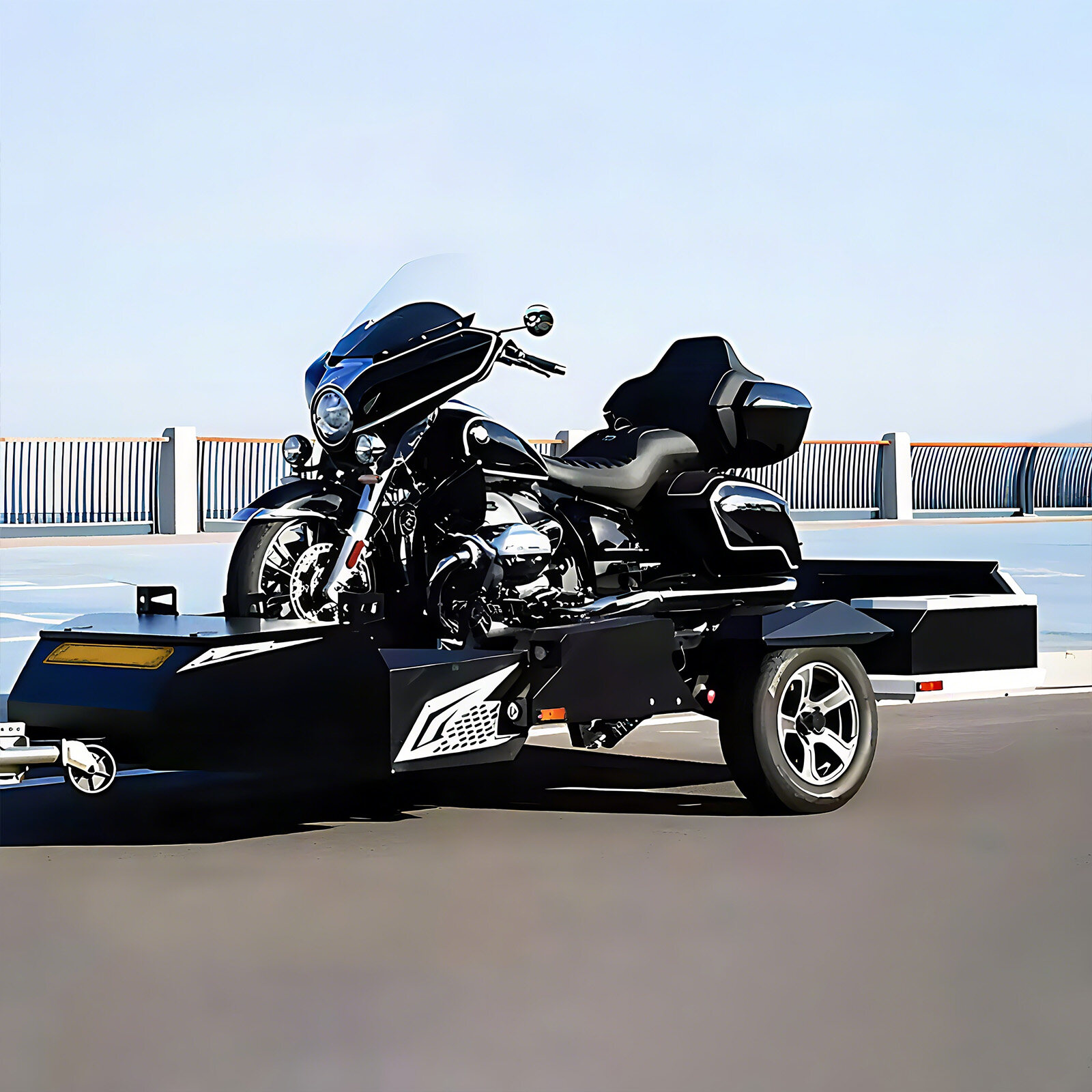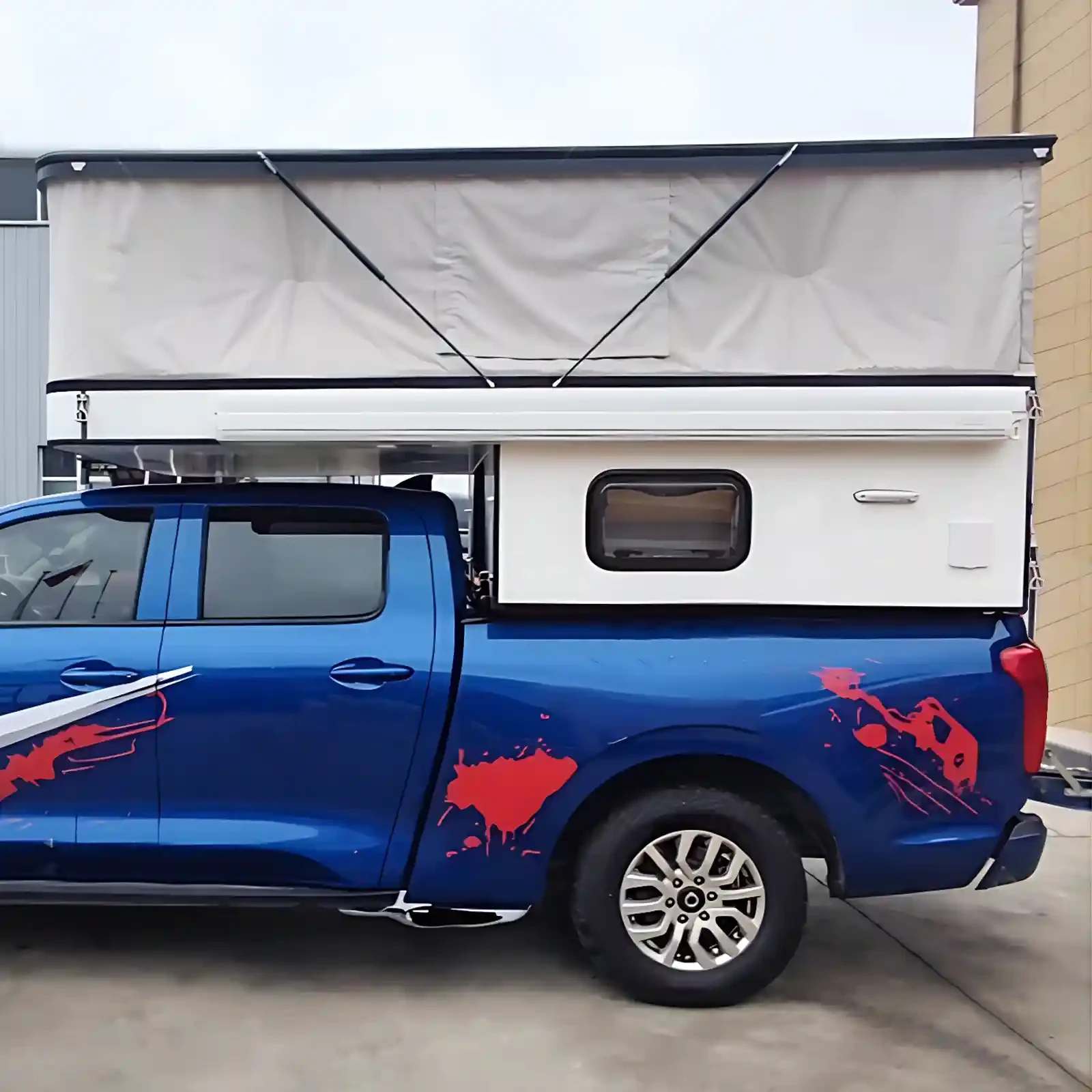As mobile space capsules become increasingly popular, the supply and stability of their internal infrastructure, such as water and electricity, are attracting considerable attention. Water and electricity supply not only affects the daily life experience of residents but is also a crucial indicator of the practicality and reliability of a space capsule.
Power supply system: Multiple approaches to ensure power supply
Solar power: an inexhaustible source of clean energy
Solar energy, a renewable and clean energy source, plays a crucial role in the power supply of mobile space capsules. Most space capsules are equipped with solar photovoltaic panels, typically mounted on the capsule's roof to provide ample sunlight. These panels work by utilizing the photoelectric effect of semiconductor materials to convert sunlight into direct current (DC) electricity. For example, a high-efficiency, 2-square-meter monocrystalline silicon PV panel can generate approximately 0.3-0.4 kilowatt-hours of electricity per hour under sufficient sunlight. A PV controller stores the DC electricity generated by the panels in batteries to power the space capsule's electrical equipment. To ensure power supply stability, the solar power system optimally allocates the number of panels and battery capacity based on the capsule's power needs and local sunlight conditions. In areas with abundant sunlight, such as the Qinghai-Tibet Plateau and Northwest my country, solar power can meet 60-80% of a space capsule's daily electricity needs, significantly reducing reliance on the traditional power grid.
Traditional grid access: stable and reliable energy supplement
Despite the numerous advantages of solar power, traditional power grids are still needed to supplement electricity during rainy weather or peak electricity demand periods. Mobile space capsules can be connected to the nearby power grid via dedicated cables. When connected to the grid, smart meters and leakage protection devices are installed to ensure electricity metering and safety. When solar power generation is insufficient, an automatic switching device quickly switches power to the grid, ensuring a continuous supply. This dual-power supply ensures stable power supply to the capsule, regardless of weather conditions, meeting residents' daily electricity needs for lighting, electrical appliances, and more. For example, mobile space capsules in suburban areas or tourist attractions, by connecting to the local power grid, can maintain the normal operation of air conditioners, televisions, computers, and other equipment even when solar power generation is limited.
Backup power system: a guarantee for dealing with emergencies
To prevent power outages in extreme situations, some high-end mobile space capsules are also equipped with backup power systems, such as diesel generators or large-capacity lithium battery energy storage systems. Diesel generators have high power and start quickly. In an emergency, they can start within seconds and provide power support for the space capsule. Lithium battery energy storage systems have the advantages of high charging and discharging efficiency and simple maintenance. They can be charged using solar energy or the power grid during normal times. When the main power supply fails, they automatically release the stored energy to ensure the operation of critical equipment. For example, in some remote areas, due to the poor stability of the power grid, the backup power system can ensure that the space capsule can still maintain basic functions such as lighting and ventilation for hours or even days in the event of a power outage, providing safety for the occupants.
Water supply system: scientific design to meet water demand
Water tank storage: a flexible and convenient way to supply water
Mobile space capsules typically feature built-in water tanks for storing domestic water. Tank capacity varies depending on the size of the capsule and the number of occupants, typically ranging from 500 to 2,000 liters. Tanks are typically constructed of food-grade stainless steel or plastic to ensure safe water quality. For convenient refilling, the tanks have inlets that can be connected via external pipes to nearby water sources, such as tap water, wells, or storage tanks. In tourist attractions or remote areas, water tanks can also be regularly refilled through water trucks. For example, at some mobile space capsule campsites, staff regularly refill each capsule's water tank by water truck to ensure daily water needs. Water level sensors are also installed in the tanks to monitor water levels in real time. If the water level is too low, an alarm will sound, prompting prompts to refill.
Water recycling system: an innovative measure for water conservation and environmental protection
To improve water resource efficiency, some advanced mobile space capsules have incorporated water recycling systems. These systems primarily consist of graywater recovery and rainwater collection and utilization. Graywater, generated by washing and other activities, is collected through pipes and then directed to specialized purification equipment. The purification process typically employs physical filtration and biodegradation techniques to remove impurities, organic matter, and microorganisms from the wastewater, rendering it suitable for reuse for flushing, irrigation, and other applications. For example, purified graywater can be used to irrigate landscaping around the capsule, conserving water resources and reducing wastewater discharge. Rainwater collection and utilization involves installing a rainwater collection device on the capsule's roof, directing rainwater into a storage tank. After simple filtration and disinfection, it can be used to supplement domestic water or as a source of water for non-potable purposes. Through this water recycling system, space capsules can recycle and reuse 30% to 50% of their water, effectively reducing reliance on external water sources and embodying environmental protection.
Stability assurance measures: Multiple mechanisms ensure worry-free hydropower
Intelligent control system: precise regulation of hydropower operation
The mobile space capsule is equipped with an intelligent control system that monitors and precisely regulates the water and electricity supply in real time. Regarding electricity, the intelligent control system automatically adjusts the power supply ratio between the solar power generation system and the grid based on the load of the electrical equipment, ensuring stable power output. It also monitors and manages the charge and discharge status of the batteries, extending their lifespan. Regarding water supply, the intelligent control system uses water level and pressure sensors to automatically start and stop the water pump, maintaining a stable water level in the water tank and normal water supply pressure. For example, if the water level in the water tank falls below the set point, the intelligent control system automatically starts the pump to replenish water from an external source. If the water supply pressure is insufficient, the pump power is automatically adjusted to ensure a stable water flow. This intelligent control method significantly improves the stability and reliability of water and electricity supply.
Regular maintenance and inspection: prevent problems before they occur
To ensure the long-term stable operation of hydropower systems, regular maintenance and inspections are crucial. Space capsule manufacturers or operators will develop detailed maintenance plans to regularly inspect, clean, and maintain hydropower equipment. For example, solar photovoltaic panels are cleaned monthly to remove dust and debris to improve power generation efficiency; water tanks are cleaned and disinfected quarterly to prevent bacterial growth; and power lines, water pumps, and purification equipment are thoroughly inspected and repaired annually, with aging or damaged components replaced promptly. Regular maintenance and inspections can proactively identify and resolve potential issues, ensuring the hydropower system remains in optimal operating condition.
Mobile capsules achieve a stable supply of water, electricity, and other infrastructure through diverse power supply pathways, scientifically designed water supply systems, and comprehensive stability assurance measures. These technologies and measures provide residents with a comfortable and convenient living environment and promote the widespread application of mobile capsule housing in more areas. With continued technological advancements, mobile capsule water and electricity supply systems will become even more efficient, stable, and environmentally friendly.

 USD
USD
 GBP
GBP
 EUR
EUR
